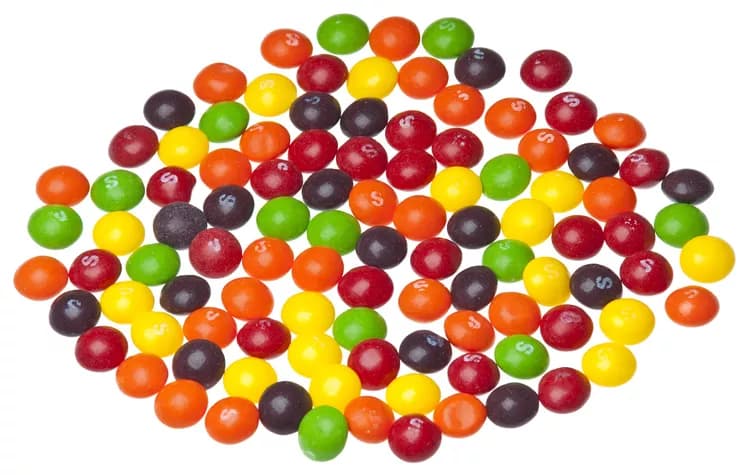
Sugar And Sweeteners: How Do They Affect Our Appetite?
What should healthy young men who want to watch their weight and manage their blood sugar levels drink? Can they risk something sugary or will they be hungrier after drinking calorie-free options containing natural or artificial non-nutritive sweeteners (NNS)? A new study published in Springer Nature's International Journal of Obesity shows that it doesn't really matter whether such drinks contain sugar, Stevia, monk fruit or aspartame. In the end, things even out in how the body reacts to these four options in terms of overall energy intake and the levels of glucose and insulin in the blood, says lead author Siew Ling Tey of the Agency for Science, Technology and Research (A*STAR) in Singapore. This is of interest given the growing popularity of natural plant-derived products, and the need to find out whether natural non-nutritive sweeteners are healthier than sugar or an artificial non-nutritive sweetener.
The effect of four different drinks was tested: one contained sugar (sucrose), another the artificial non-nutritive sweetener aspartame and two others the natural NNS made from either the plants Stevia (Rebaudioside A) or monk fruit (Mogroside V). These are the only two natural non-nutritive sweeteners approved by the US Food and Drug Administration, along with six other NNS including aspartame.
In this short term study, thirty healthy male study participants randomly consumed one of the four sweetened drinks on each of the different days of the investigation. On each test day, participants ate a standardized breakfast, and by mid-morning received one test beverage to tide them over until lunch. An hour later they were provided with a lunchtime meal and asked to eat until comfortably full. Their blood glucose and insulin concentrations were measured closely, while participants also kept a food diary of what they ate for the rest of the day.
Tey describes the findings as "surprising." There was no difference in the total daily energy intake across all four treatments, meaning that overall participants consumed the same amount of energy (calories) during the course of a day. They either reduced meal intake after the sucrose-sweetened drink or ate significantly more at lunchtime and the rest of the day to compensate for the three calorie-free drink options.
People sometimes worry that using non-nutritive sweeteners could increase their appetite, which may then lead them to overeat to make up for the energy they saved by not choosing sugar. The current study found that although participants felt slightly hungrier and looked forward more to eating something again when they drank non-nutritive sweetened beverages, they did not overindulge. They did however eat more following the NNS drinks than when they consumed the sugar sweetened drink.
"The energy 'saved' from replacing sugar with non-nutritive sweetener was fully compensated for at subsequent meals in the current study, hence no difference in total daily energy intake was found between the four treatments," explains Tey. "It appears that the source of non-nutritive sweeteners, whether artificial or natural, does not differ in its effects on energy intake, postprandial glucose and insulin," says Tey. However, a recent comprehensive meta-analysis2 of longer term studies has demonstrated that when non-nutritive sweeteners are consumed over time there is a sustained reduction in overall energy intake and it reduces body weight.
Materials provided by Springer. Note: Content may be edited for style and length.
Disclaimer: DoveMed is not responsible for the adapted accuracy of news releases posted to DoveMed by contributing universities and institutions.
Primary Resource:
- Tey, S. L., Salleh, N. B., Henry, J., & Forde, C. G. (2016). Effects of aspartame-, monk fruit-, Stevia-, and sucrose-sweetened beverages on postprandial glucose, insulin and energy intake. International Journal of Obesity. DOI: 10.1038/ijo.2016.225
- Rogers, P. J., Hogenkamp, P. S., De Graaf, C., Higgs, S., Lluch, A., Ness, A. R., ... & Mela, D. J. (2015). Does low-energy sweetener consumption affect energy intake and body weight? A systematic review, including meta-analyses, of the evidence from human and animal studies. International Journal of Obesity. DOI: 10.1038/ijo.2015.177
Related Articles
Test Your Knowledge
Asked by users
Related Centers
Related Specialties
Related Physicians
Related Procedures
Related Resources
Join DoveHubs
and connect with fellow professionals

0 Comments
Please log in to post a comment.